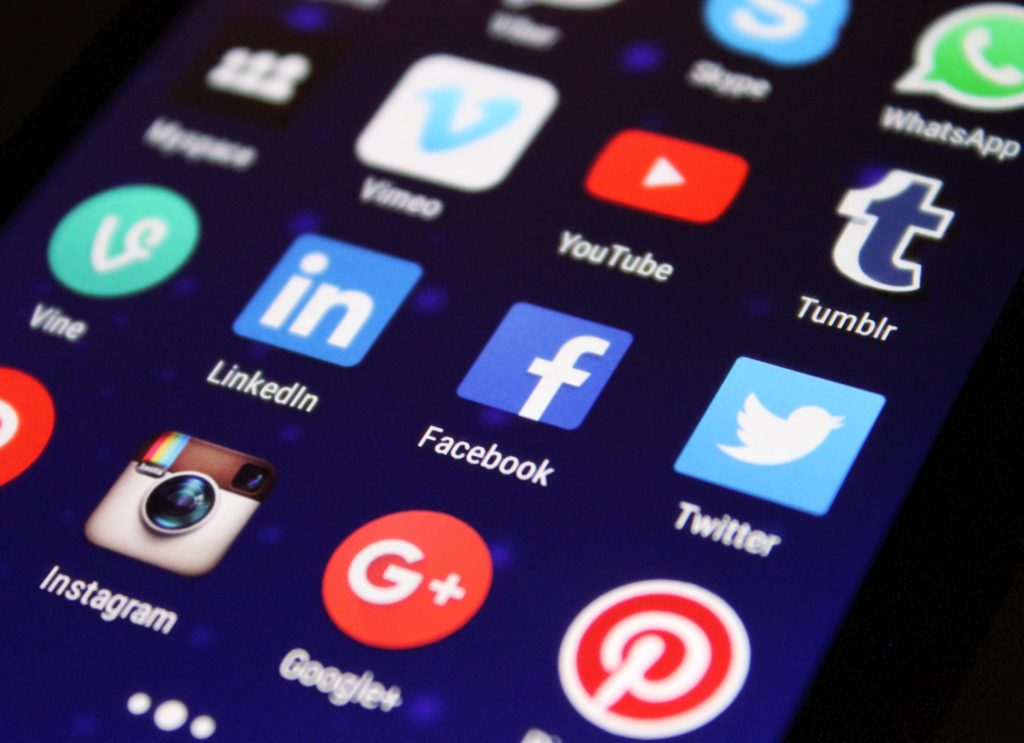Social media is a big part of nearly everyone’s life today. If you’re the owner of a small business, you most likely take advantage of this trend by advertising online.
RELATED ARTICLE: 3 EASY TIPS FOR IMPROVING YOUR INSTAGRAM MARKETING
Websites such as Facebook and Instagram are the favorite pastime of many of us. Teenagers and young adults, as well as grandparents, spend much of their free time on these social networks. Only a decade ago children went to playgrounds in their free time. Adults spent time on hobbies or interacted with others in real life.
Is this a good change? More importantly, is social media usage causing depression in children worldwide?
According to multiple studies, the answer may be yes. There seems to be a substantial correlation between depression and people who spend more time on social media.
Social Media and Depression
The key differences between the lives of today’s generation and those of earlier generations are that youngsters and adults nowadays spend only a little personal time with their family and loved ones. They’re likely to spend more time online.
Experts say that connections people make online are comparatively less strong in terms of emotions. This can lead to emotionally broken and even depressed individuals.
Social Media and Perceived Social Isolation
One study conducted on a group of youngsters between 19 and 32 showed a correlation between the time an individual spent on social media and their resultant perceived social isolation. However, researchers were unable to determine if people who felt socially isolated were more likely to spend more time on social media, or if people developed perceived social isolation when they did so.
Social Media and Self-Esteem
There is another theory about an increase in depression due to the loss of self-esteem, specifically in teenage girls. That is, girls negatively compare themselves with other girls who they perceive to be prettier, thinner, or richer.
Instagram, an image-driven social network, is quite popular among youngsters. Heavy Instagram use can lead many girls to report depression and anxiety. Many girls say they are worried about their physical appearance after spending time on social media.
Almost Zero Physical Activity
When they keep themselves busy online, children miss out on real life achievements. This can be another source of depression. What’s more, they don’t give themselves the joy of physical activities such as playing games or learning new skills and implementing them practically.
Disrupted Concentration
The virtual reality of social media fascinates children and youngsters. However, their fascination can lead to disrupted concentration. As a matter of fact, some children even interact with their friends on these social channels while they are supposed to be studying.
These children take pride in their ability to multitask. However, some experts believe that multitasking markedly reduces a person’s ability to learn. They believe it has a negative effect, as well, on a student’s overall performance. As a result of trying to do too many things at once, children fail to achieve good marks. They make themselves, their parents, and their teachers unhappy.
Sleep Deprivation
There are certain indirect ways in which social media affects an individual’s mood. For example, it causes sleep deprivation in teenagers when it is used excessively.
Tips to Reduce the Negative Effects of Social Media Use
Although there is no conclusive evidence that social media is a leading cause of depression, there are multiple signs that it could be among its primary causes. It is up to parents to supervise their children’s online activities and ensure that their social media usage is within healthy boundaries.
Parents need to approach their children if they suspect something is wrong. What’s more, they must not hesitate to meet with a mental health specialist in person, if needed.
The following are some steps parents can take for setting healthy boundaries with social media:
- Make sure your children socialize and participate in real life activities that build self-confidence.
- Encourage your children to set their smartphone and other gadgets aside while they’re studying.
- Interact with your children and ask them about their friends.
- Learn from your child about the activities in the real world that your child might enjoy during free time.
- Encourage your children to be honest with themselves regarding their use of social media.
- Help children to avoid activities online and off that would negatively affect them.
- Discourage the use of smartphones and other devices for an hour before going to bed.
- Use an alarm clock to wake up at a fixed time every day, not a smartphone.
Finally
Business owners clearly rely on the expanded audience that social media gives to their marketing. However, we must not ignore the harmful effects that social media may be having on the next generation.

